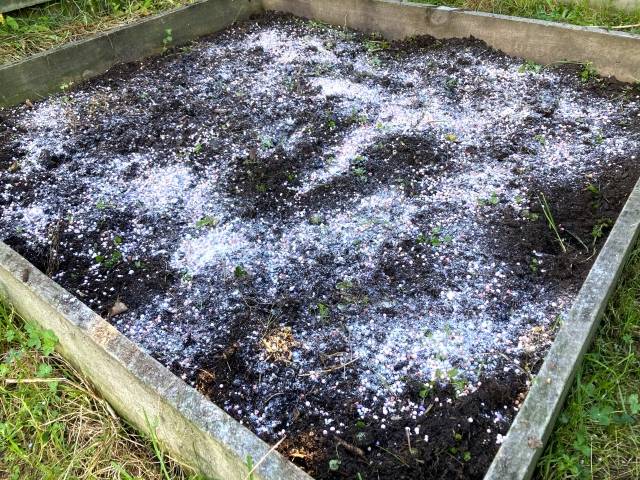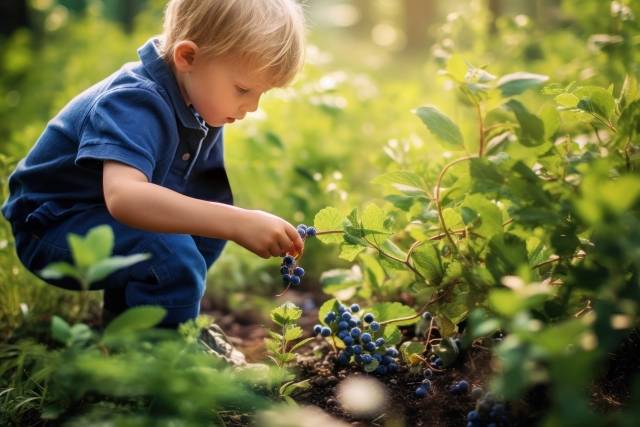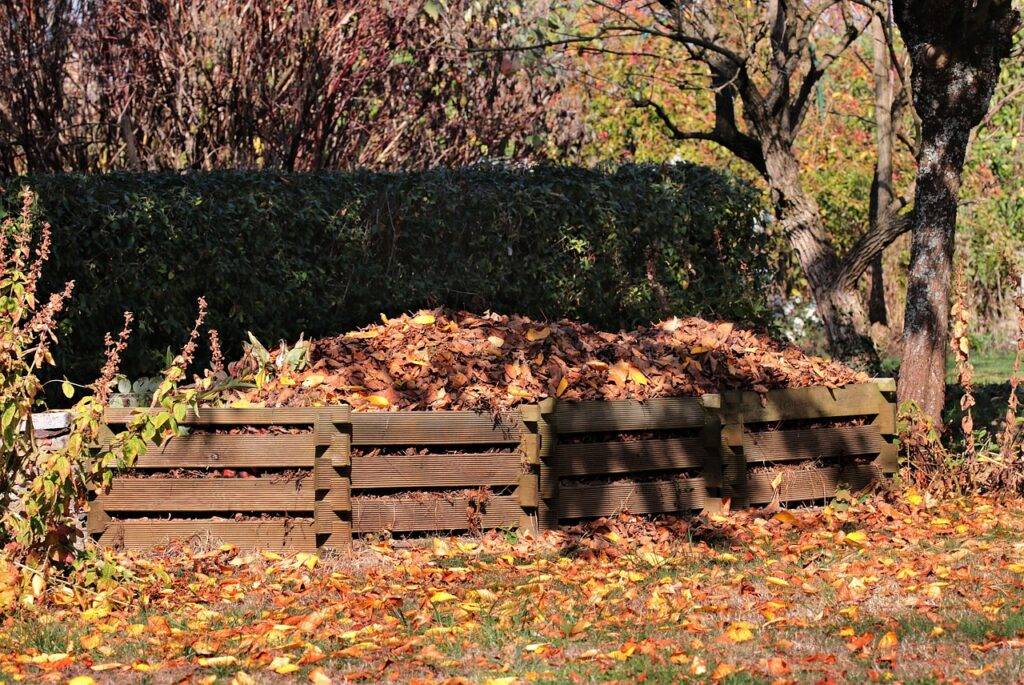Have you ever noticed how nature choreographs a seamless ballet of life? How each actor plays its part to perfection? How this rhythmic dance proceeds with no need for intervention?
Take birds as an example. They live, they die, their bodies nourish the earth, and from this, plants grow. This dance of life and death continues as animals feed on the plants, promoting their own growth. This cycle repeats, endlessly, harmoniously.
But what happens when the rhythm is interrupted? How can we restore the balance? Is there a way to reinvigorate this natural cycle and play our part in the grand spectacle of life? In this article, you’ll find answers to these questions and more.
The Equilibrium of Life: The Key to Healthy Crops
Balance is a principle that nature adheres to with utmost diligence. When balance is maintained, you’ll observe healthy crops flourishing, untouched by pests, free from diseases, and yielding generously. This harmonious state also nurtures humans, restoring their health.
At this point, there’s no need for artificial inputs such as chemical fertilizers, pesticides, or herbicides. Why would you want to introduce something unnecessary into your garden?
The challenge we face lies in restoring and preserving this balance. Key to this task is observing nature, identifying imbalances, and understanding how to rectify them.
Are pests proliferating in your garden? This could be a sign of dwindling numbers of beneficial insects. To counteract this, consider implementing insectary plants, companion plants, and bunker plants. These strategies are not merely temporary fixes, but catalysts for triggering a restoration of nature’s balance. As you maintain these measures and give them time to work, you’ll discover that with the resurgence of beneficial insects, pesticides become entirely irrelevant in your garden.
Pesticides: Weighing the Immediate against the Long-Term
We often find ourselves enticed by the promise of rapid results, leading us to resort to pesticides. Yet, these quick solutions can jeopardize the enduring balance of our ecosystem.
In extreme circumstances, you might think about using pesticides temporarily. But it’s vital to remember that these are not lasting solutions, but just a short-term aid. If there’s a pesticide that doesn’t shake up the natural balance, it could be used momentarily. Synthetic chemicals, however, are notorious for disrupting this delicate equilibrium. After one application, it’s best to step back and let nature take its course.
Our avoidance of synthetic chemicals stems from their tendency to unsettle the ecosystem’s balance. Technically, if a substance doesn’t disturb this balance, it would be acceptable to use. But as far as we know, no such synthetic chemicals exist. Some naturally occurring substances like BT (Bacillus Thuringiensis, a bacterium found naturally in the soil and proven safe to higher animals), and pyrethrum emulsion (extracted from Persian chrysanthemum flowers) are deemed safe under the USDA regulations for organic farming certification. Even though these are safe to use, they remain a temporary fix and not a permanent solution. This is why I prefer not to use them in my garden.
Chemical Fertilizers: A Promise of Abundance or a Prelude to Imbalance?
The temptation of larger yields often draws us towards chemical fertilizers. However, if yields can be sustainably increased, the reliance on these artificial aids diminishes. One reason we believe we lack nutrients is due to our exposure to vegetables grown with chemical fertilizers.
This skewed perception blinds us to the disruption of the natural cycles. To restore balance, consider using compost to enhance the activity of soil microorganisms, promoting decomposition and revitalization. Achieving this may require enlisting the help of beneficial microbes.
In extreme cases, temporary use of chemical fertilizers can be justified. This could be when you need to grow crops on extremely hard ground or desert-like conditions. During the first year, the emphasis should be on growing green manure instead of crops. This strategy helps activate the soil’s microorganisms. Once green manure successfully grows, the reliance on chemical fertilizers ceases.
Harmony in the Garden: The Delicate Dance of Balance
The crux of the matter is not that chemical fertilizers and pesticides are inherently bad. Their use becomes problematic when they disrupt nature’s delicate balance. As stewards of the environment, our role is to help maintain these natural cycles. By observing, adapting, and harmonizing with nature, we can foster a healthier, thriving ecosystem.
Our ultimate goal should be to create soil conditions so vibrant and nutrient-rich that there is no longer any need for artificial inputs, such as chemical fertilizers or pesticides/herbicides. Achieving this might require a deep understanding of nature’s rhythm and yes, a degree of patience. But don’t let the word ‘patience’ deter you. Over time, nurturing this balance and watching your garden flourish in tune with nature’s tempo will become a source of joy, wonder, and a fulfilling engagement.
In conclusion, let’s not just aim to be gardeners, but considerate custodians of our land, who take joy in the thriving life that springs from a balanced, healthy garden. It’s a rewarding journey, witnessing the transformation of your garden into a vibrant, self-sustaining ecosystem. This not only brings us closer to nature’s rhythm but also adds a melodious note to the symphony of life. With care and time, we can nurture a garden that sways in sync with nature’s dance, creating a haven where life, in its purest form, can thrive. Let’s embrace this dance and, in doing so, learn to enjoy every step of the way.





